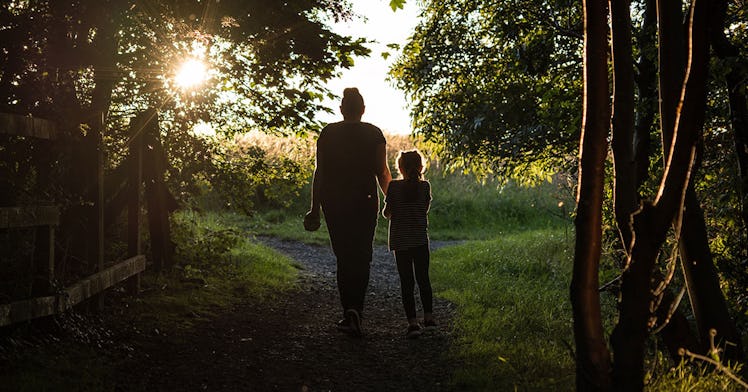Study: 1.5 Million Children Lost a Caregiver In the Last Year
This unprecedented worldwide loss cannot be ignored.

The silver lining of the pandemic has been that at least COVID doesn’t often make kids seriously ill. However, it has devastated children in other ways. An obvious one is missed
education and social interaction. But these are mere inconveniences in the face of the latest, disturbing statistic: Some 1.5 million children lost a caregiver due to the COVID-19 pandemic, according to a new study.One million children worldwide have lost a parent to COVID, and 1.5 million have lost a parent, custodial grandparent, or another secondary family caregiver, according to a new mathematical modeling study in The Lancet. These numbers are likely an underestimate because some countries have underreported COVID deaths, and the figures will only continue to rise as the pandemic continues to ravage the world.“The true numbers affected could be orders of magnitude larger,” Juliette Unwin, a lead author on the study and an infectious disease analyst at Imperial College London, said in a press release. “In the months ahead, variants and the slow pace of vaccination globally threaten to accelerate the pandemic, even in already incredibly hard-hit countries, resulting in millions more children experiencing orphanhood.”Another child loses a caregiver to COVID every 12 seconds. Because men are more likely to die from COVID than women, up to five times as many children have lost a father compared to a mother.The researchers analyzed COVID mortality data from March 2020 to April 2021, excess deaths compared to a normal year, and fertility data to estimate the number of children who lost at least one caregiver due to COVID-19 — not just from being infected, but also from causes such as delaying medical care for a chronic disease during lockdown. They used data from 21 countries that accounted for 77 percent of COVID-related deaths up until early 2021.Losing a parent is a traumatic experience that increases a child’s risk of substance use, mental health issues, chronic health issues such as diabetes and cancer, physical abuse, sexual violence, and teen pregnancy. Orphaned children are also more likely to live in poverty and to die by suicide.“For every two COVID-19 deaths worldwide, one child is left behind to face the death of a parent or caregiver,” said Susan Hillis, one of the lead authors on the study and a member of the Centers for Disease Control and Prevention COVID-19 Response Team. “Our findings highlight the urgent need to prioritize these children and invest in evidence-based programs and services to protect and support them right now and to continue to support them for many years into the future — because orphanhood does not go away.”“The hidden pandemic of orphanhood is a global emergency, and we can ill afford to wait until tomorrow to act,” said Seth Flaxman, one of the study’s lead authors and a mathematician at Imperial College London. “Tomorrow is too late for the child institutionalized in an orphanage, who will grow up profoundly damaged by the experience. We urgently need to identify the children behind these numbers and strengthen monitoring systems, so that every child can be given the support they need to thrive.”
This article was originally published on